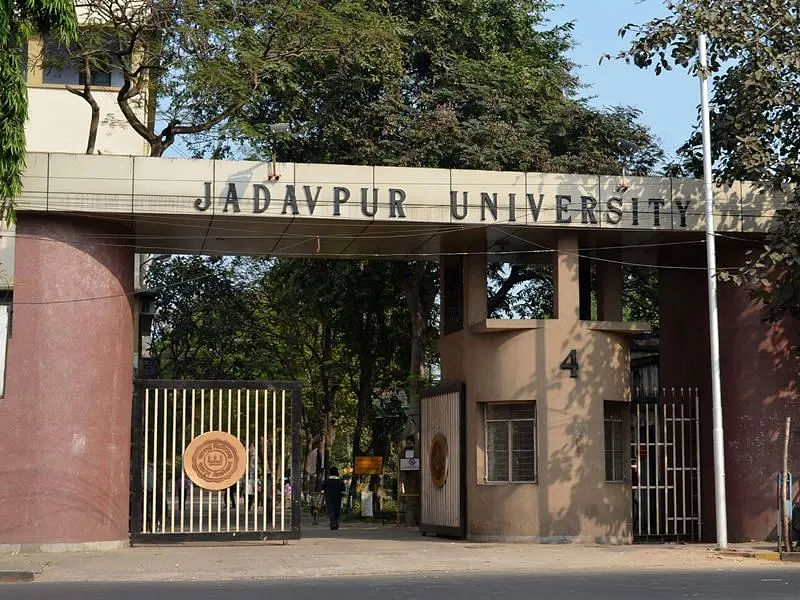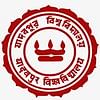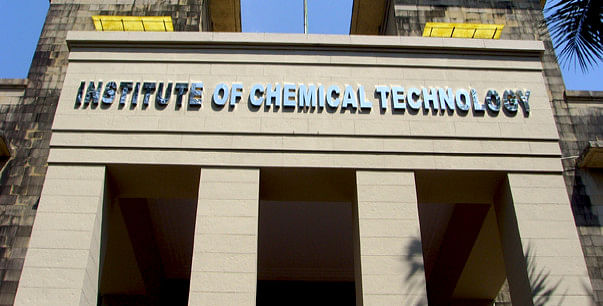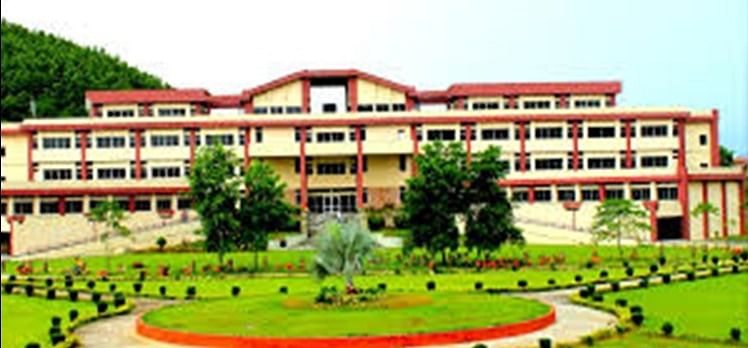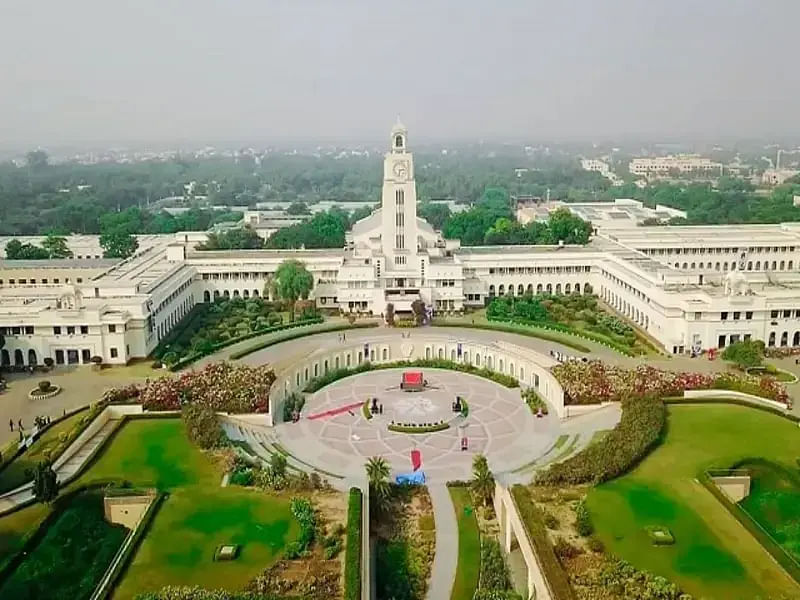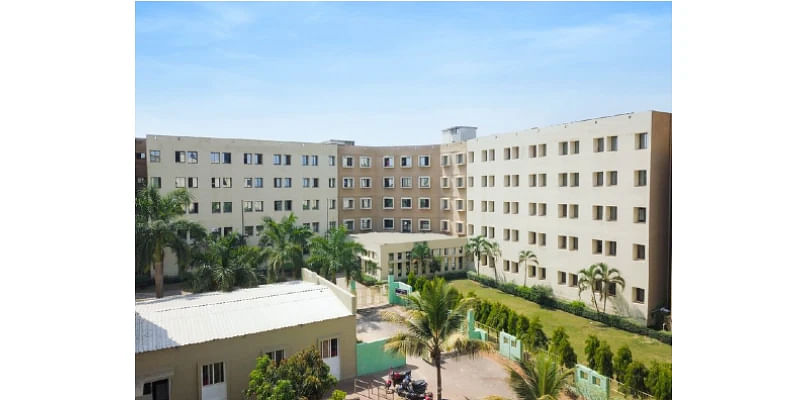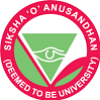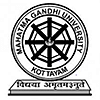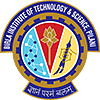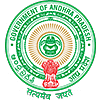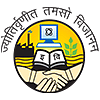B.Pharm 1st Year Syllabus: Subjects List, Electives & Practicals

B.Pharm 1st year syllabus is divided into two semesters focusing on both theory and practical subjects such as Pharmaceutical Chemistry, Pharmaceutics, Anatomy, Physiology and Pathophysiology, Pharmaceutical Analysis, Pharmacognosy, etc. B.Pharmacy 1st Year syllabus PDF can be downloaded directly from the respective college's official website.
The B.Pharmacy syllabus is designed to provide students with a broad understanding of pharmaceutical sciences. It also covers practical topics during the 1st semester such as Human Anatomy and Physiology, Pharmaceutical Inorganic Chemistry, Remedial Biology, etc. Along with this, the candidates will also be provided with clinical exposure to observe about preparation and storage of various drugs.
Table of Contents:
- B.Pharmacy Syllabus 1st Year
- B.Pharmacy 1st Year Subjects
- B.Pharm 1st Year Question Paper Marking Scheme
B.Pharmacy Syllabus 1st Year
B.Pharm 1st year syllabus focuses on the basic foundation for pharmacy with subjects such as Pharmaceutical Analysis - I, Pharmacognosy - I, Pharmaceutics - I, Physical Pharmacy, etc along with a few elective subjects such as basics of computers, basics of electronics, etc.
Given below is the semester-wise breakdown of the B.Pharm 1st year syllabus:
|
Semester I |
Semester II |
|
Pharmaceutical Analysis - I |
Computer Applications in Pharmacy |
|
Human Anatomy and Physiology-I |
Pharmaceutical Chemistry - II |
|
Pharmaceutics |
Biochemistry |
|
Pharmaceutical Chemistry - I |
Human Anatomy and Physiology-II |
|
Communication Skills |
Pathophysiology |
B.Pharmacy 1st Year Subjects & Topics Covered
B.Pharmacy subjects 1st year aims at imparting knowledge related to the anatomical structure and functions of the human body including the cardiovascular system, lymphatic system, and skeleton system to help candidates understand the disease condition related to the various systems to decide the right drug and dosage.
B.Pharm 1st Semester Subjects in Detail
B.Pharmacy 1st year subjects for the first semesters focus on subjects such as anatomy and physiology, Pharmacokinetics Biochemistry, Pharmaceutical Chemistry, etc., and cover each subject in detail from basic to advanced level. Given below is the B.Pharm 1st Semester subject list along with the unit details:
|
B Pharma 1st Semester Syllabus Subjects |
Topics Covered |
|
Human Anatomy and Physiology-I |
Introduction to the human body, Cellular Organisation, Tissue level of organisation, Integumentary System, Skeletal System, Joints, Nervous System, Peripheral Nervous System, Endocrine System |
|
Pharmaceutical Analysis |
Different techniques of analysis, Acid Base Titrations, Non-aqueous titration, Precipitation titrations, Complexometric titration, Complexometric titration, Redox titrations, Electrochemical Method of Analysis |
|
Pharmaceutics |
Historical background and development of the profession of pharmacy, Pharmaceutical calculations, Powders, Liquid dosage forms, Monophasic Liquids, Suspensions, Emulsions, Pharmaceutical incompatibilities |
|
Pharmaceutical Chemistry |
Impurities in pharmaceutical substances, General methods of preparation, Major extra and intracellular electrolytes, Dental Products, Gastrointestinal agents, Miscellaneous Compounds, Radiopharmaceuticals |
|
Communication Skills |
Barriers to Communication, Perspectives in Communication, Elements of Communication, Basic Listening Skills, Effective Written Communication, Interview Skills |
B.Pharmacy 2nd Semester Subjects in Detail
B.Pharmacy 1st year 2nd semester subjects deal with advanced topics and practical aspects such as Body Fluids and Blood, organic compounds, Conjugated dienes, etc.
Given below is the breakdown of B.Pharmacy 2nd Semester Subjects with units:
|
B.Pharm 2nd Semester Subjects |
Topics Covered |
|
Human Anatomy and Physiology-II |
Body fluids and blood, Lymphatic System, Cardiovascular system, Digestive System, Respiratory System, Urinary System, Reproductive System |
|
Pharmaceutical Chemistry-II |
Classification, nomenclature and isomerism, Classification of Organic Compounds, Types of Organic reactions, Alkanes, Alkenes and Conjugated dienes, Alkyl halides, Alcohols, Carbonyl compounds, Carboxylic Acids, Aliphatic amines |
|
Biochemistry |
Carbohydrate metabolism, Biological Oxidation, Lipid metabolism, Amino Acid Metabolism, Nucleic acid metabolism and genetic information transfer, Enzymes, |
|
Pathophysiology |
Basic principles of Cell injury and Adaptation, Basic mechanism involved in the process of inflammation and repair, Hematological Diseases, Diseases of bones and joints, Infectious Diseases |
|
Computer Application in Pharmacy |
Concept of Information Systems and Software, Web technologies, Application of Computers in Pharmacy, Bioinformatics, Computers as data analysis in Preclinical development |
Also Check:
B.Pharmacy 1st Year Practical Subjects
Students pursuing B.Pharmacy courses are given practical work to understand the concepts better and to gain confidence in performing certain pharmacological procedures. The practical topics will be either performed in the lab or observed in clinical settings.
Listed below are the B.Pharma 1st Year practical subjects:
|
1st Semester Practical Subjects |
2nd Semester Practical Subjects |
|
Pharmaceutical Chemistry-II |
Pharmaceutics-I |
|
Biochemistry |
Pharmaceutical Chemistry-I |
|
Computer Application in Pharmacy |
Pharmaceutical Analysis |
|
Human Anatomy and Physiology-II |
B.Pharm 1st Year Question Paper Marking Scheme
The marking scheme differs depending on the college or university with the subject score ranging from 100-150 including theory, practical and internal assessment. The B.Pharm students are evaluated based on teacher assessment, sessional examination and end-semester marks.
Given below is the B Pharmacy syllabus 1st year Question Paper Marking Scheme:
B.Pharm 1st Semester Marking Scheme
The B.Pharm 1st Year 1st semester syllabus marking scheme is given below for each subject:
|
Subjects |
Internal Assessment |
End Semester Examination |
Total Marks |
|
Pharmaceutical Chemistry-I |
50 |
100 |
150 |
|
Pharmaceutics-I |
50 |
100 |
150 |
|
Anatomy, Physiology & Pathophysiology-I |
50 |
100 |
150 |
|
Computer Fundamentals & Programming |
50 |
100 |
150 |
|
Pharmaceutical Chemistry– I (Practical) |
50 |
100 |
150 |
|
Introduction to Pharmacy (Practical) |
50 |
100 |
150 |
|
Anatomy, Physiology & Pathophysiology-I (Practical) |
50 |
100 |
150 |
B.Pharm 2nd Semester Marking Scheme
Below listed is the B.Pharm 2nd sem syllabus Marking Scheme for the theory and practical subjects covered:
|
Subjects |
Internal Assessment |
End Semester Examination |
Total Marks |
|
Pharmaceutical Chemistry–II |
50 |
100 |
150 |
|
Pharmaceutics-II |
50 |
100 |
150 |
|
Pharmaceutical Analysis–I |
50 |
100 |
150 |
|
Anatomy, Physiology and Pathophysiology- II |
50 |
100 |
150 |
|
Pharmaceutics-III |
50 |
100 |
150 |
|
Pharmaceutical Chemistry–II (Practical) |
50 |
100 |
150 |
|
Pharmaceutics-II (Practical) |
50 |
100 |
150 |
|
Pharmaceutical Analysis–I (Practical) |
50 |
100 |
150 |
|
Pharmaceutics-III (Practical) |
50 |
100 |
150 |
B.Pharmacy Books 1st Year
B.Pharm 1st-year books can be referred by students to gain an in-depth understanding of the theoretical and practical aspects of pharmaceutical science, biochemistry, anatomy and physiology, etc covered in the curriculum. Listed below are some of the B.Pharmacy books 1st Year:
|
Name of the Book |
Author |
Topics Covered |
|
Practical Pharmacognosy |
C.K. Kokate, Purohit, Gokhale |
Organoleptic characters of crude drugs, Physical and Chemical tests for Evaluation purposes, Pharmaceutical aids-I, Miscellaneous Drugs |
|
Anatomy of Crude Drugs |
M.A. Iyengar |
Fundamentals of Plant Anatomy, Roots, Rhizomes, Barks, Wood, Leaves |
|
Remington Practice of Pharmacy |
Martin |
Drug Delivery, Salts, polymorphism, and Drug Formulations with various illustrations |
|
Practical Pharmaceutical Chemistry Vol I & II, Stallone Press of University of London, 4th edition |
A.H. Beckett & J.B. Stenlake |
Instrumental method in the development and usage of medicine, radiopharmaceuticals, Spectroscopic techniques, structural elucidation, and verification of the identity of drugs |
Top B.Pharmacy [Bachelor of Pharmacy] Colleges
Top Pharmacy Entrance Exams
B.Pharmacy Fee Structure
FAQs on B.Pharmacy 1st Year Syllabus
Q: What is first semester syllabus of B Pharmacy?
Q: What are the basic concepts covered in Pharmaceutical Analysis during the first semester?
Q: What topics are covered in Biochemistry during the first semester that are related to pharmacy study?
Q: Is there an emphasis on practical skills in B.Pharm 1st year syllabus?


